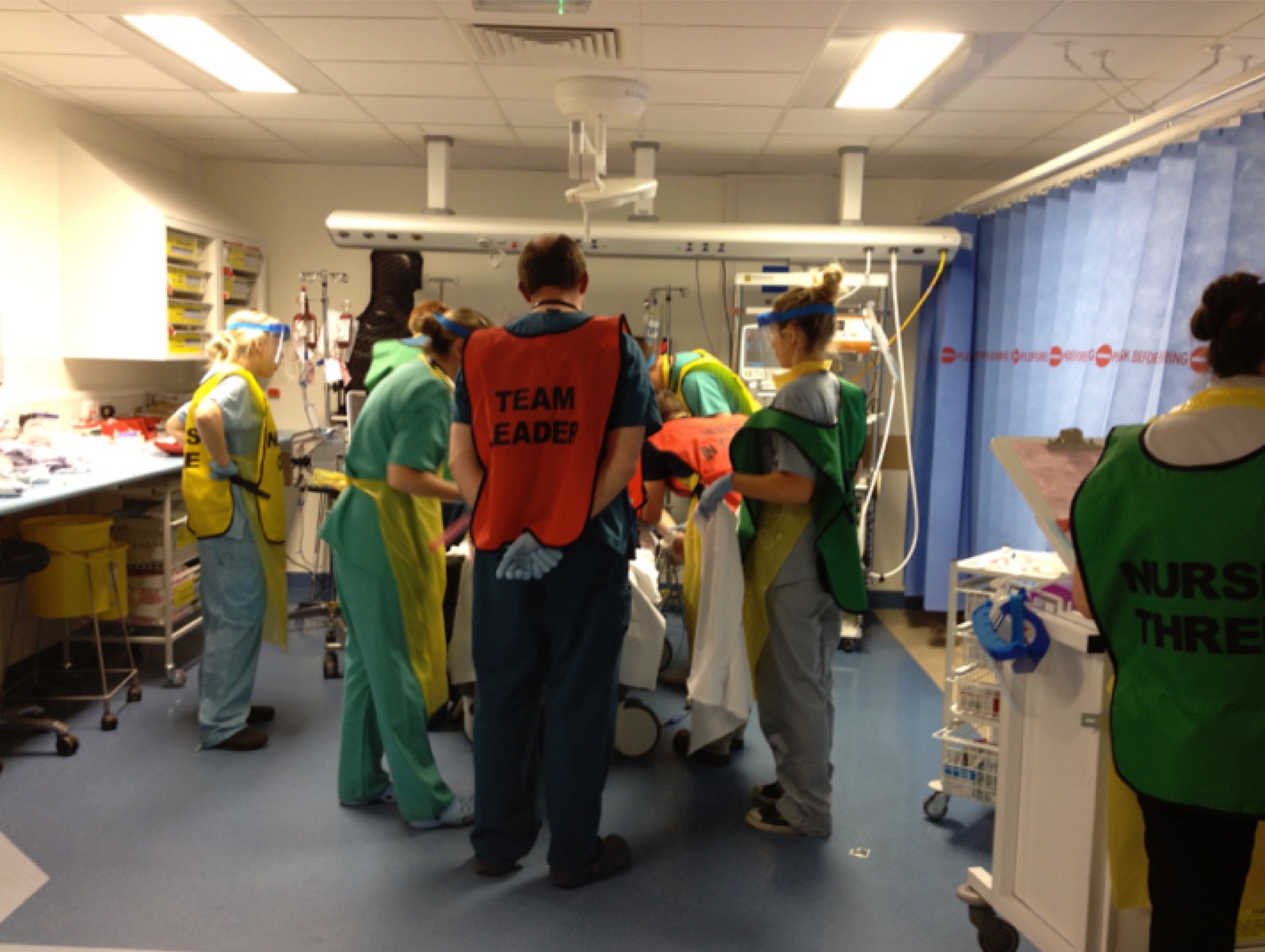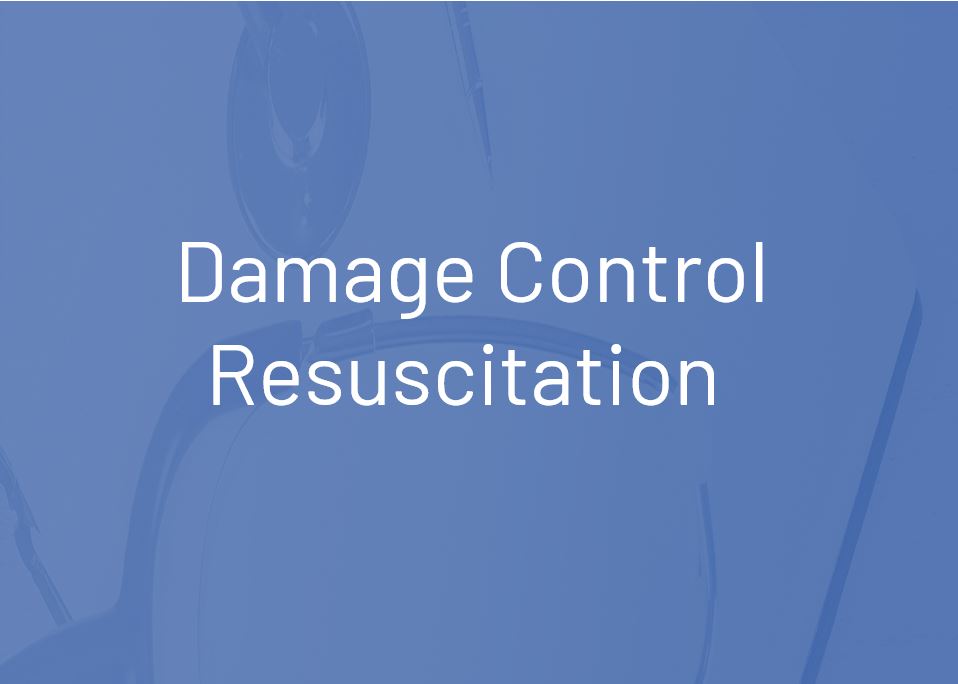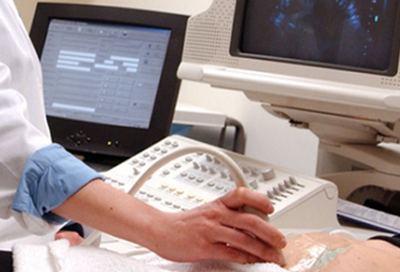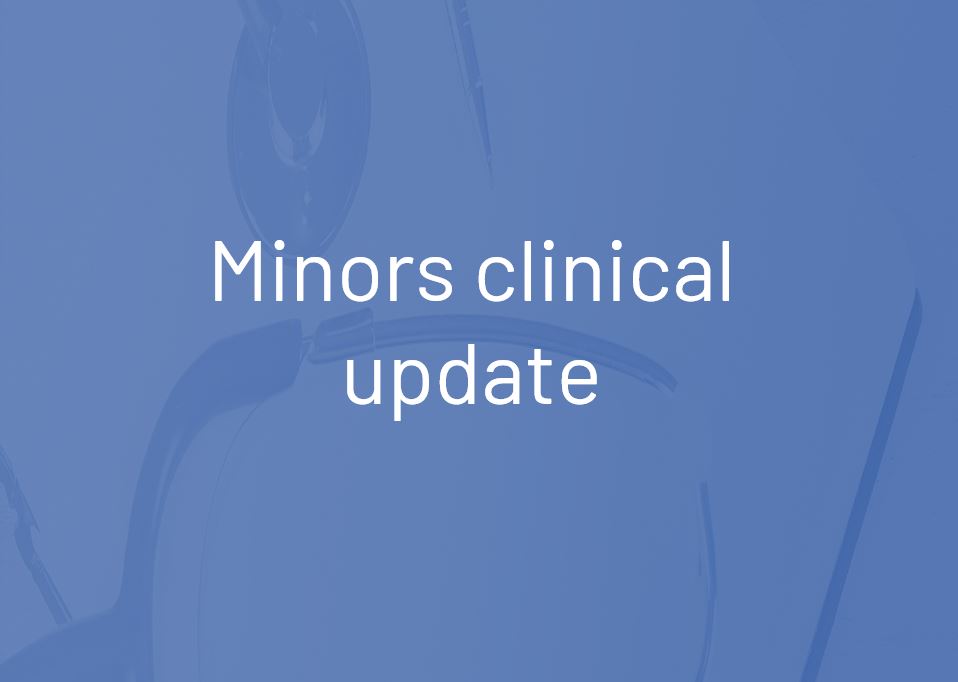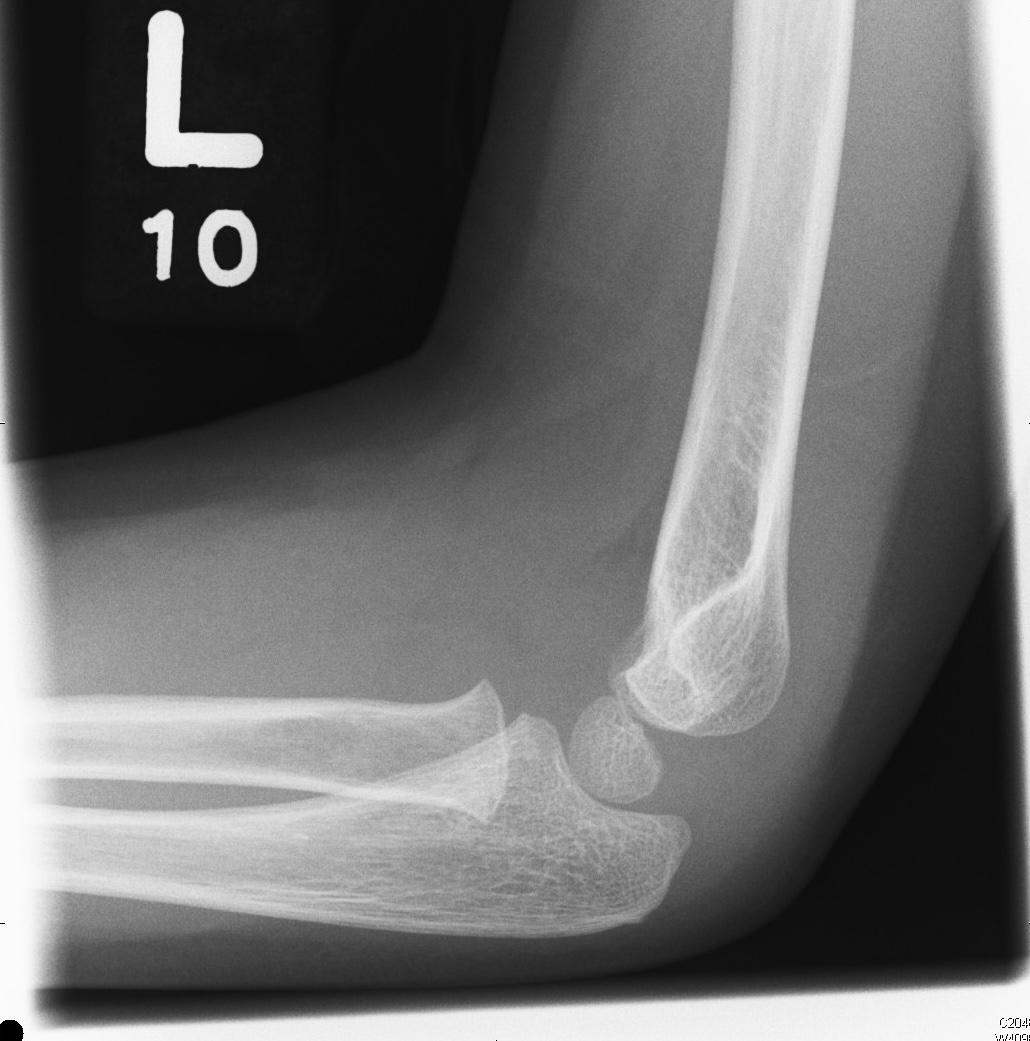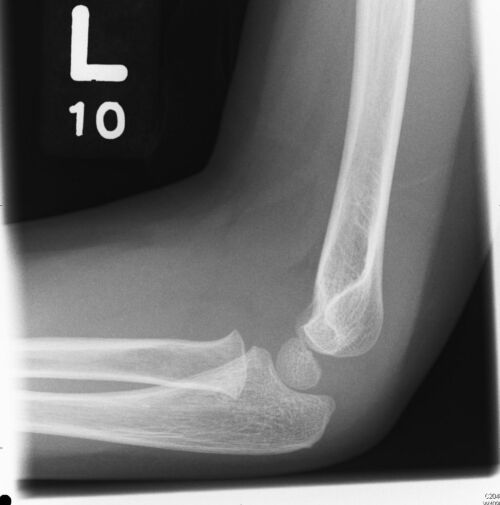*** Course approved for 6 CPD hours by RCSEd ***
Course date
Monday 3rd March 2025
Cost
£140
This course has been designed for clinicians who treat patients within the first 24 hours of attendance at hospital, and where situations arise requiring the clinician to consider the legal implication of their decisions. This might include issues of consent, mental capacity or illness, and confidentiality. The course also deals with the legal processes of litigation and HM Coroner inquests.
Come join us for a virtual one-day interactive symposium covering the relevant law and legal principles and hear from our experts how they approach matters faced by staff on a daily basis.
This course has been approved for 6 CPD hours by RCSEd.
Trauma Resuscitation Symposium - Beyond ATLS
This one day symposium uses a case-based learning approach to review the up-to-date Emergency Department management of major trauma patients.The Trauma Resuscitation Symposium has evolved from our popular and highly rated Damage Control Resuscitation courses. Taught by consultants from the Cambridge Major Trauma Centre, the symposium is aimed at all those responsible for the immediate assessment and management of the severely injured patient and is suitable for all members of trauma teams. This includes Emergency Department nurses and Advanced Clinical Practitioners as well as Emergency Medicine, Anaesthetic and Surgical consultants and trainees.Who is Trauma Resuscitation Symposium for?
The programme covers all aspects of primary assessment, resuscitation and immediate care and provides an opportunity for delegates to immerse themselves in a range of trauma patient presentations and make real-time critical decisions regarding trauma resuscitation.
This one day online symposium uses a case-based learning approach to review the up-to-date emergency department management of major trauma patients.
Taught by consultants from the East of England Major Trauma Centre at Cambridge University Hospitals, the damage control resuscitation course is suitable for all members of trauma teams. This includes Emergency Department nurses and Advanced Clinical Practitioners as well as Emergency Medicine, Anaesthetic and Surgical consultants and trainees.
The programme covers all aspects of primary assessment, resuscitation and immediate care.
The symposium is interactive and utilises case-based discussions with audience participation to cover the principles and practice of damage control resuscitation.
This two day Core (Level 1) Emergency Ultrasound course based in Cambridge is aimed at doctors working in acute care setting.
The training addresses the knowledge and practical skills recommended by the Royal College of Emergency Medicine in the new curriculum 2021.
The course covers the topics outlined in the new curriculum including Abdominal Aorta, eFAST/FAFF, ELS and shock assessment, Pleural US, Vascular Assess- Central and Peripheral, Fascia Iliaca Compartment Block.
- The Level 1 emergency ultrasound training course covers all the topics in RCEM new curriculum
- The course is ideal for Emergency Physicians, Acute Physicians and Critical Care Physicians.
- This practical course is suitable for those new to the clinical applications of focused ultrasound as well as those with prior experience of ultrasound.
This two day Core (Level 1) Emergency Ultrasound course based in Cambridge is aimed at doctors working in acute care setting.
The training addresses the knowledge and practical skills recommended by the Royal College of Emergency Medicine in the new curriculum 2021.
The course covers the topics outlined in the new curriculum including Abdominal Aorta, eFAST/FAFF, ELS and shock assessment, Pleural US, Vascular Assess- Central and Peripheral, Fascia Iliaca Compartment Block.
- The Level 1 emergency ultrasound training course covers all the topics in RCEM new curriculum
- The course is ideal for Emergency Physicians, Acute Physicians and Critical Care Physicians.
- This practical course is suitable for those new to the clinical applications of focused ultrasound as well as those with prior experience of ultrasound.
This excellent one-day virtual course is aimed at Emergency Nurse Practitioners, Advanced Clinical Practitioners, Allied Healthcare Practitioners, Emergency Physicians and GPs who treat patients with minor injuries and illnesses in Urgent Treatment Centres, Emergency Departments, Primary Care and Out of Hours services.
The day is delivered by experts who are specialists in their field.
*** CPD applied for ***
This two-day online course will provide a comprehensive review of the radiological assessment and management of minor injuries in the Emergency Department, Minor Injury Units (MIU) and Urgent Treatment Centres (UTC)
Delivered by experts from Radiology, Orthopaedics and Emergency Medicine, this novel course will first look at how to interpret x-rays for each body area to identify bony and soft tissue pathology. The course will then cover the urgent and emergency management of the injuries: what to refer urgently, what to refer to clinic, and what to discharge with advice.
Aimed at Emergency Nurse Practitioners, Advanced Clinical Practitioners, Allied Healthcare Practitioners, Emergency Physicians, Acute Paediatricians and GPs who treat adult and paediatric patients in Emergency Departments, Minor Injuries Units and Urgent Treatment Centres.
The course will cover all common paediatric and adult injuries in an interactive lecture format with polls and Q&A.
The course aims to improve clinicians’ confidence in dealing with common presentations and to provide an update regarding recent advances in management of minor injuries and fractures.
*** Course approved for 12 CPD hours by RCSEd ***
This two-day online course will provide a comprehensive review of the radiological assessment and management of minor injuries in the Emergency Department, Minor Injury Units (MIU) and Urgent Treatment Centres (UTC)
Delivered by experts from Radiology, Orthopaedics and Emergency Medicine, this novel course will first look at how to interpret x-rays for each body area to identify bony and soft tissue pathology. The course will then cover the urgent and emergency management of the injuries: what to refer urgently, what to refer to clinic, and what to discharge with advice.
Aimed at Emergency Nurse Practitioners, Advanced Clinical Practitioners, Allied Healthcare Practitioners, Emergency Physicians, Acute Paediatricians and GPs who treat adult and paediatric patients in Emergency Departments, Minor Injuries Units and Urgent Treatment Centres.
The course will cover all common paediatric and adult injuries in an interactive lecture format with polls and Q&A.
The course aims to improve clinicians’ confidence in dealing with common presentations and to provide an update regarding recent advances in management of minor injuries and fractures.
This course is aimed at Emergency Medicine consultants, Associate Specialists and senior trainees who have achieved or near to achieving competencies outlined in the old RCEM curriculum (eFAST, ELS, Venous access and Aorta scanning). The course will cover newly added components in the new RCEM curriculum and will mainly focus on shock protocol (RUSH) (excluding Aorta and FAST scan). It will also cover basic and advanced cardiac assessment in shock, lung scanning including blue protocol, IVC, DVT and Fascia Iliaca block.
How often do you do focused ECHO?
Choose from options below.
This course is aimed at Emergency Medicine consultants, Associate Specialists and senior trainees who have achieved or near to achieving competencies outlined in the old RCEM curriculum (eFAST, ELS, Venous access and Aorta scanning). The course will cover newly added components in the new RCEM curriculum and will mainly focus on shock protocol (RUSH) (excluding Aorta and FAST scan). It will also cover basic and advanced cardiac assessment in shock, lung scanning including blue protocol, IVC, DVT and Fascia Iliaca block.
How often do you do focused ECHO?
Choose from options below.
Point of care Emergency Ultrasound two day course (Level 1) – 10 (online) / 11 (practical) June 2024
This course covers the new RCEM curriculum and FAMUS curriculum.
This two day Point of care Emergency Ultrasound (Level1) course based in Cambridge is aimed at doctors working in acute care setting.
The training addresses the knowledge and practical skills recommended by the Royal College of Emergency Medicine in the new curriculum 2021.
The course covers the topics outlined in the new curriculum including Abdominal Aorta, eFAST/FAFF, ELS and shock assessment, Pleural US, Vascular Assess- Central and Peripheral, Fascia Iliaca Compartment Block.
- The Level 1 emergency ultrasound training course covers all the topics in RCEM new curriculum
- The course is ideal for Emergency Physicians, Acute Physicians and Critical Care Physicians.
- This practical course is suitable for those new to the clinical applications of focused ultrasound as well as those with prior experience of ultrasound.
This course covers the new RCEM curriculum
This two day Point of care Emergency Ultrasound (Level1) course based in Cambridge is aimed at doctors working in acute care setting.
The training addresses the knowledge and practical skills recommended by the Royal College of Emergency Medicine in the new curriculum 2021.
The course covers the topics outlined in the new curriculum including Abdominal Aorta, eFAST/FAFF, ELS and shock assessment, Pleural US, Vascular Assess- Central and Peripheral, Fascia Iliaca Compartment Block.
- The Level 1 emergency ultrasound training course covers all the topics in RCEM new curriculum
- The course is ideal for Emergency Physicians, Acute Physicians and Critical Care Physicians.
- This practical course is suitable for those new to the clinical applications of focused ultrasound as well as those with prior experience of ultrasound.


